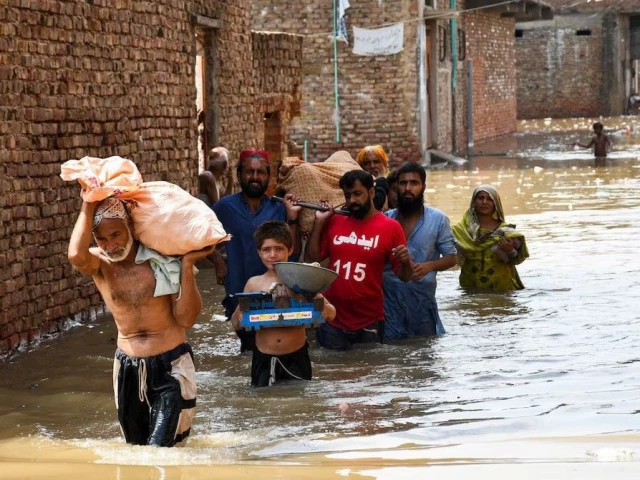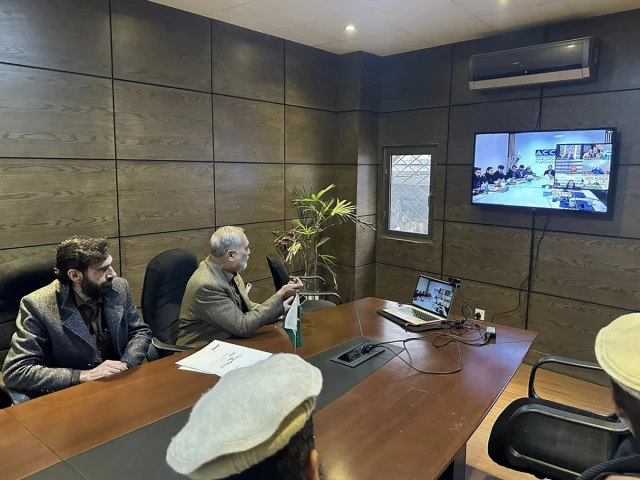The Rising Tide: Understanding Pakistan’s Climate Crisis
Recently, northern Pakistan has faced devastating flash floods that have tragically claimed hundreds of lives and displaced thousands more. Situated among the world’s top ten climate-vulnerable countries, Pakistan’s plight highlights a pressing issue: despite contributing less than 1% of global greenhouse gas emissions, it’s bearing the brunt of climate change.
These floods, reminiscent of the catastrophic deluges from 2022, are now being labeled by experts as part of a “new normal.” Ecologist Rafi-ul-Haq notes that floods are no longer rare events but routine shocks that people have to brace for each monsoon season. Since mid-August, torrential rains have killed over 460 people and devastated infrastructure, especially in Khyber Pakhtunkhwa, where whole families have been buried under mudslides and collapsing homes.
The culprit here isn’t just climate change or erratic rainfall patterns. Human actions contribute significantly to these disasters. Unplanned urbanization, deforestation, and blocked waterways account for around 60% of the devastation, making it clear that while we can’t stop the rain, we can certainly mitigate the suffering it causes.
A Shift in Mindset: Adaptation Over Emissions
Experts insist that the focus should shift from merely cutting emissions to enhancing resilience and adaptation. This includes restoring wetlands, mangroves, and floodplains, which act as natural buffers against floods. Ahmed Kamal, a flood management expert, emphasizes that urgent, low-cost measures—like pre-monsoon drainage clean-ups and community shelters—could save countless lives.
Prime Minister Shehbaz Sharif himself admitted to “criminal negligence” by previous administrations, allowing construction on vulnerable riverbeds and watersheds. A commitment to remove these encroachments and invest in watershed management is crucial as the world watches and waits.
Meanwhile, the environmental landscape is changing. With temperatures rising and glaciers melting, experts warn of intensified weather events like cyclones, which have increasingly threatened the coast since 2007. Without swift action, the repercussions could lead to food insecurity, water shortages, and mass migration.
Looking Ahead: The Path to Resilience
While the challenges are significant, there’s a glimmer of hope. As Kamal states, with scientifically-backed adaptation strategies, much of the impending devastation can be averted. By joining forces with other nations, particularly those that also grapple with low emissions yet high vulnerability, Pakistan can advocate for fairer global climate action.
As we reflect on this crisis, it’s clear that community engagement and responsible governance are paramount in driving change. Let’s not just be passive observers; let’s take action. Organizations like Pro21st are dedicated to addressing these issues and fostering discussions around climate resilience. If you’re interested in learning more or getting involved, you’re not alone—together, we can make a difference.
At Pro21st, we believe in sharing updates that matter.
Stay connected for more real conversations, fresh insights, and 21st-century perspectives.





